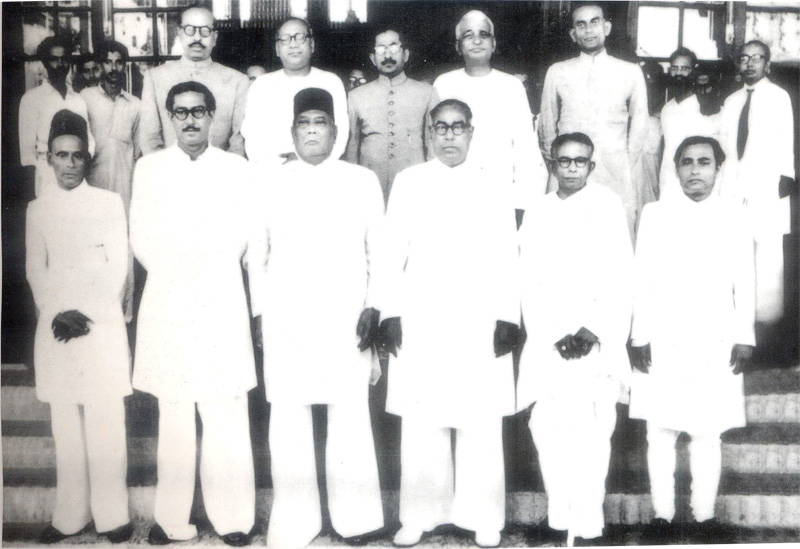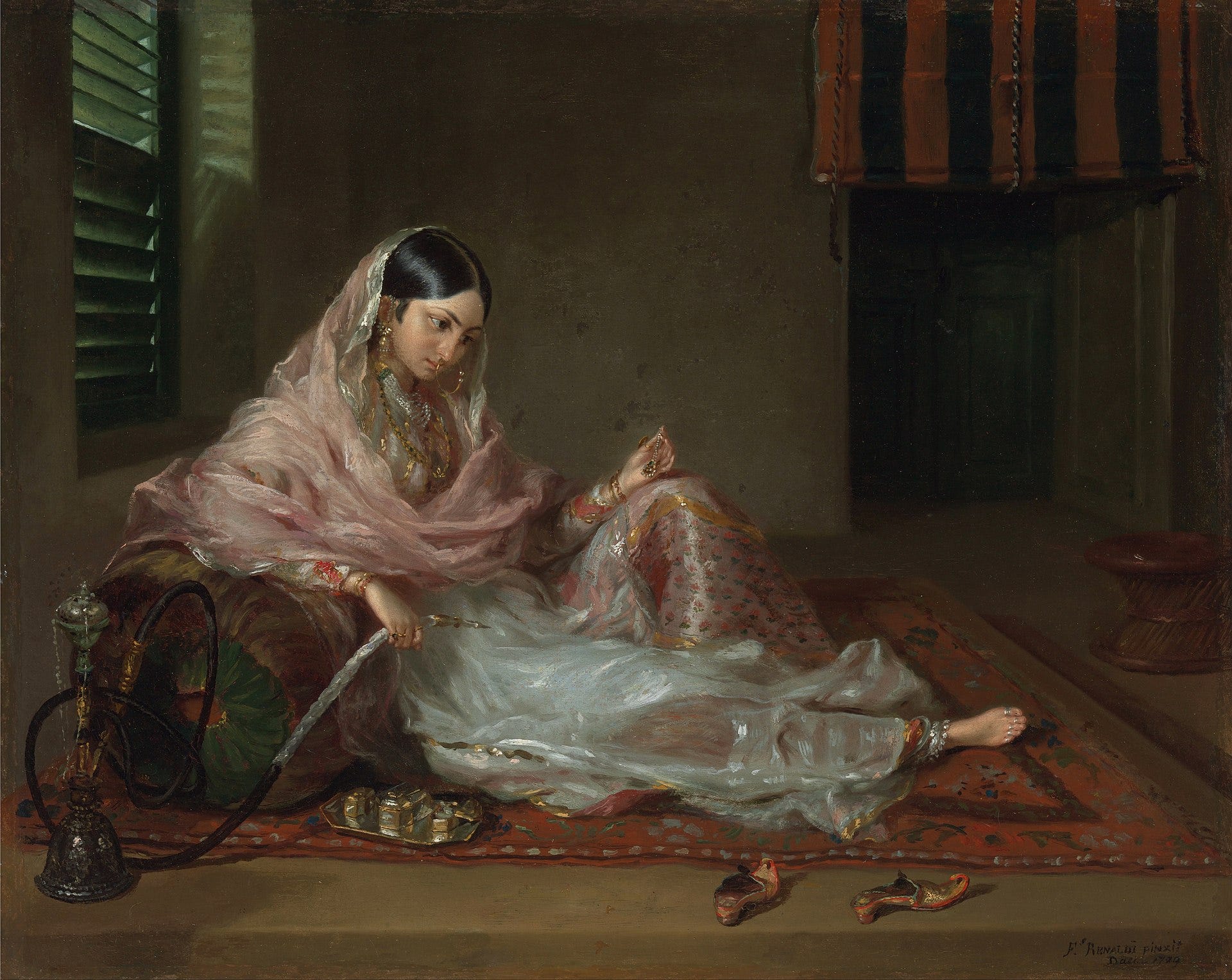The People Who Shaped History of Bangladesh

Notable Figures of Old Dhaka: The People Who Shaped History
Old Dhaka, with its deep-rooted history, has been home to many remarkable figures whose contributions have shaped not only the city but also the cultural and political landscape of Bangladesh. These individuals, through their leadership, creativity, and dedication to social causes, left a lasting legacy that continues to influence modern Dhaka. From Nawabs and freedom fighters to poets and reformers, Old Dhaka’s notable figures are a testament to the city’s enduring spirit.
Here are some of the most influential personalities who played key roles in Old Dhaka’s rich history.
1. Nawab Sir Khwaja Salimullah
Nawab Sir Khwaja Salimullah, a prominent figure in the political history of Dhaka, was instrumental in the creation of the All India Muslim League, which played a crucial role in the eventual formation of Pakistan. As the Nawab of Dhaka, he was deeply involved in public welfare, championing various causes related to education, infrastructure, and social services. Under his leadership, Dhaka gained recognition as an important political and cultural center. His philanthropic efforts and leadership earned him a lasting place in the annals of Dhaka’s history.
2. Begum Rokeya
A pioneer in the field of women’s rights and education, Begum Rokeya is celebrated as one of the most influential social reformers of her time. Born in 1880, she devoted her life to promoting women’s education and advocating for gender equality in a society where women were often marginalized. Her groundbreaking works, including the novella Sultana's Dream, envisioned a world where women were empowered to lead. Begum Rokeya’s legacy as a feminist icon continues to inspire the women’s rights movement in Bangladesh and beyond.
3. Haji Shariatullah
Haji Shariatullah was a revolutionary Islamic reformer who founded the Faraizi Movement in the early 19th century. His efforts aimed to restore the purity of Islamic practices and advocate for the rights of the Muslim peasants in Bengal, who were often exploited by British and Hindu landlords. Haji Shariatullah’s activism focused on social justice and religious reform, making him a revered figure in Dhaka’s Islamic history.
4. Kazi Nazrul Islam
Kazi Nazrul Islam, also known as the "Rebel Poet," is one of the most celebrated literary figures of Bangladesh. Though he hailed from West Bengal, his influence was deeply felt in Dhaka, where his revolutionary works inspired a generation of activists and thinkers. Nazrul’s poetry, songs, and essays, which addressed issues of oppression, colonialism, and social justice, played a key role in the cultural awakening of Bengal. His powerful writings continue to resonate with those who seek freedom and equality, and he remains a symbol of resistance and rebellion.
5. Sir A. K. Fazlul Huq
Sir A. K. Fazlul Huq, popularly known as "Sher-e-Bangla" (Tiger of Bengal), was a towering political figure in Old Dhaka and a champion of the rights of the Bengali people. He played a pivotal role in the Lahore Resolution of 1940, which laid the foundation for the creation of Pakistan. As a Premier of Bengal, he worked tirelessly for the welfare of the people, especially in the areas of education and land reform. His legacy is immortalized in the many institutions and landmarks named after him, including the Sher-e-Bangla National Cricket Stadium.
6. Sarat Chandra Chattopadhyay
Sarat Chandra Chattopadhyay, one of the greatest novelists of Bengali literature, spent part of his life in Dhaka, where he wrote some of his most influential works. His novels, which dealt with social issues like poverty, gender inequality, and caste oppression, resonated with the people of Dhaka and Bengal as a whole. Works like Devdas and Parineeta have been adapted into countless films and plays, securing Chattopadhyay’s place as a literary giant whose works transcended regional boundaries.
7. Maulana Abdul Hamid Khan Bhashani
Maulana Abdul Hamid Khan Bhashani, often referred to as the "Red Maulana," was a charismatic political leader known for his leadership in both the Pakistan and Bangladesh independence movements. A staunch advocate for the poor and downtrodden, Bhashani led several movements against British colonial rule and later played a significant role in advocating for East Pakistan’s autonomy, leading to the creation of Bangladesh. His lifelong dedication to social justice and his fiery speeches inspired a generation of activists, earning him a revered status in Old Dhaka and across the country.
8. Panchanan Tarkaratna
Panchanan Tarkaratna was a distinguished Sanskrit scholar from Old Dhaka who made significant contributions to the study and preservation of ancient texts. As an educator and philosopher, Tarkaratna’s influence extended beyond Dhaka, inspiring scholars across Bengal to continue the tradition of Sanskrit learning. His intellectual pursuits helped position Dhaka as a center of scholarship and higher learning during his time.
What's Your Reaction?














